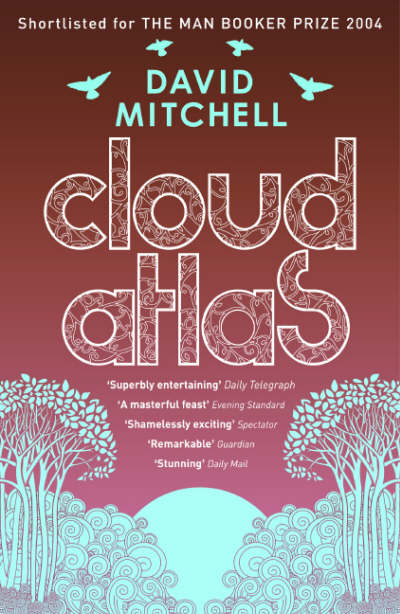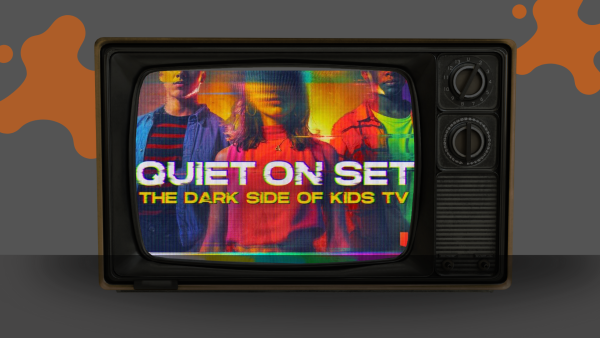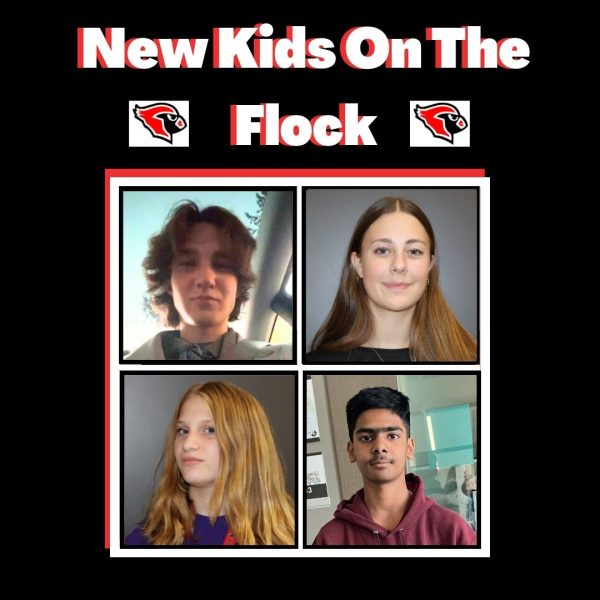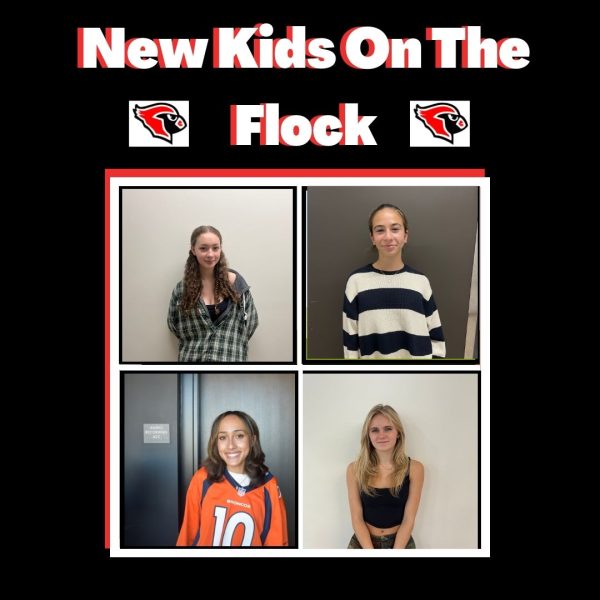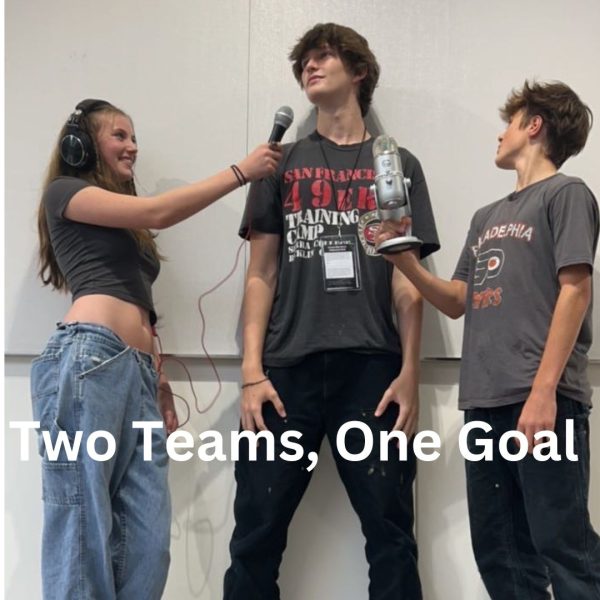A half-finished love affair
“Cloud Atlas” by David Mitchell is the type of book that someone carries around to look smarter. This is because the author — very deliberately—made the book almost impossible to truly comprehend. It is necessary to understand this before attempting to read it, lest the book be tossed across a room—or a highway—in a fit of anger over why on earth Mitchell would write such an absurdly difficult novel.
Consider yourself warned.
The novel itself is divided into six short stories, cobbled together like a newspaper so that each is inevitably broken off halfway to be replaced by the next story. There is even a warning posted on Amazon saying, “We have received complaints from customers that they have received misprinted editions because of the way the story changes direction in the middle of a word on page 39. This is not a misprint or error.”
This is also not the only reason reading “Cloud Atlas” is frustrating.
Having to be forced from one story to the next in the middle is a disorienting experience. Ultimately, a half-read book is also a half-finished love affair. The experience is made even more disorienting by the stunning fact that Mitchell manages to make the style of each story completely different from the last, not only in voice but in feeling. It is this that makes “Cloud Atlas” such a feat of pure ingenuity.
Mitchell also attempts to link each story together, starting with the colonization of Australia and ending with a wrecked post-apocalyptic version of Hawaii, so that the reader is left baffled as to which stories are actually true. The short answer: It doesn’t matter.
Each story is an attempt to show how utterly corrupted society is, whether discussing human cloning, capitalism, acculturation or good ol’ fashioned adultery. But who are we to judge, after all? As a twisted mixture of historical fiction, sci-fi and realistic fiction, each story could be us. After all, “All revolutions are [fantasy], until they happen, then they are historical inevitabilities.”
But never fear, there is time to rectify our mistakes, as each protagonist learns. Because the stories are split in half, each character is given the chance to learn from the mistakes of their predecessors. This is done through novels, movies, a weirdly transcendent birthmark, and the word of God (or at least one protagonist’s version of it). Of course this is because the all the character—save one—are supposed to be a reincarnated soul of the former as “a symbol really of the universality of human nature,” said Mitchell on “Cloud Atlas.”
This is where it gets a little meta though. “Cloud Atlas” was also turned into a movie. Giving the reader—gasp—the chance to learn from the corruption shown in the book. Now, now, don’t all jump up at at once.

